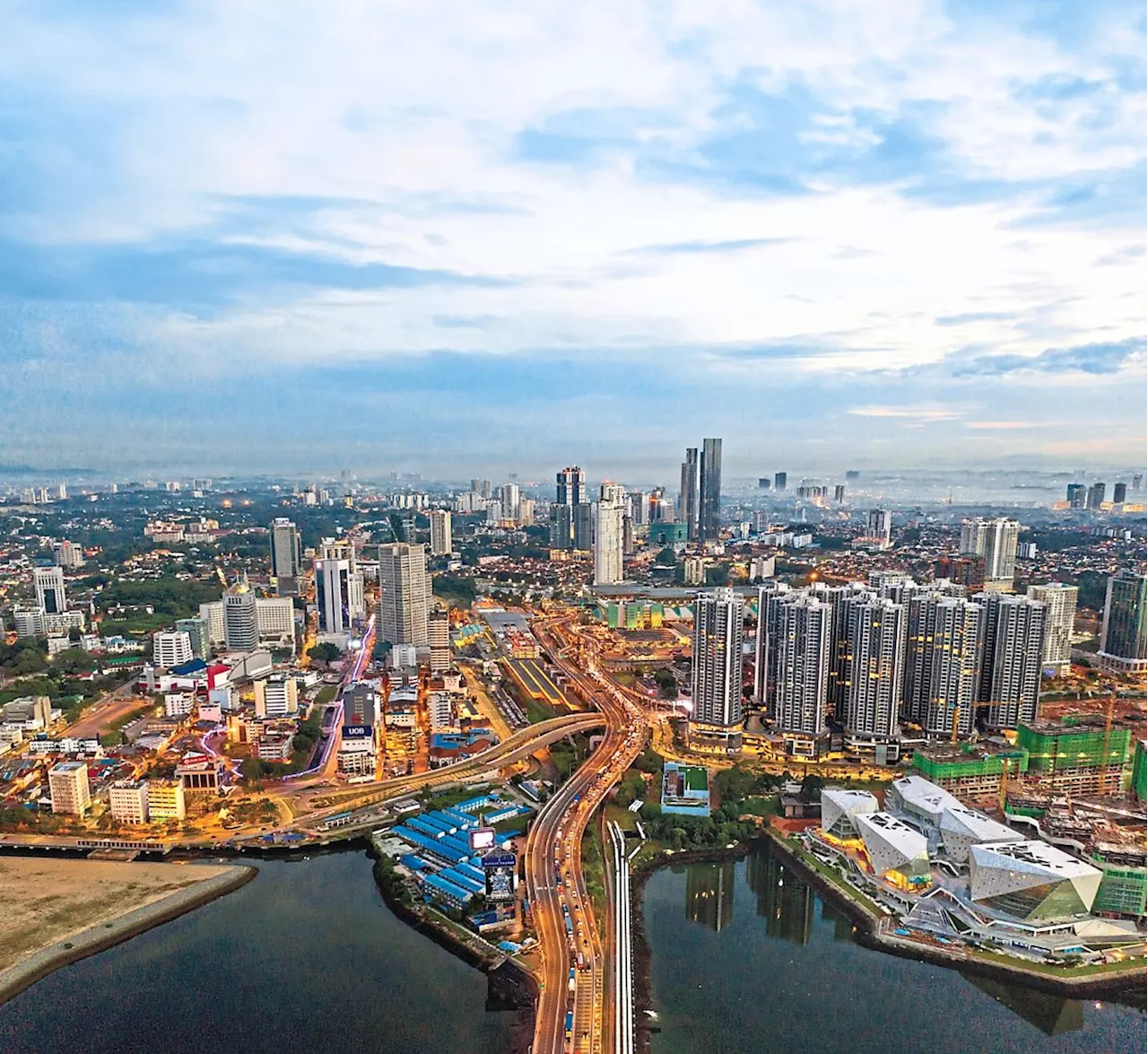Leaders from Malaysia and Singapore signed an agreement to establish the Johor-Singapore Special Economic Zone (JS-SEZ), aiming to strengthen economic ties and create new business opportunities. The agreement focuses on leveraging the strengths of both nations, promoting collaboration between foreign and local businesses, and attracting investments in high-growth sectors.
On January 7th, leaders from Malaysia and Singapore signed an agreement establishing the Johor- Singapore Special Economic Zone ( JS-SEZ ), marking a significant step in strengthening the long-standing bilateral relationship between the two nations. This agreement signifies a dedication to robust economic ties, strategic collaborations, and the creation of new business opportunities and investment prospects.
Both countries aim to leverage their respective strengths, synergies, and resources to achieve mutually beneficial outcomes through streamlined regulatory procedures and tailored investment tax incentives.While potential development disparities between Johor and Singapore might pose challenges, the agreement recognizes the competitive advantages each nation offers. Johor boasts abundant land, competitive utilities, robust connectivity infrastructure, and a readily available workforce. Singapore, on the other hand, excels in technology, smart manufacturing, logistics, digitalization, and international financial services. Compared to the Iskandar Development Region (IDR) established approximately two decades ago, the JS-SEZ has a higher likelihood of success due to several factors. Firstly, this collaborative agreement emphasizes joint development by both countries, unlike the IDR which was primarily driven by the federal government and Johor. Secondly, persistent geopolitical risks threaten global supply chains, necessitating diversification and relocation efforts. The JS-SEZ presents a viable and attractive investment destination due to its strategic location and infrastructure advantages. Furthermore, the SEZ benefits from a more developed network of infrastructure, transportation, and logistics, including the Johor Baru-Singapore Rapid Transit System, the Gemas-Johor Baru electrified double-track rail, Johor Port, and Port of Tanjung Pelepas.The long-standing economic partnership between Malaysia and Singapore, underpinned by strong diplomatic relations, further strengthens the significance of this agreement. The signing coincides with the 60th anniversary of diplomatic ties, signifying a new era in elevating both nations' economic collaboration. The establishment of the JS-SEZ also presents opportunities for ASEAN countries to invest in the zone, positioning it as a key investment hub in the region. Singapore consistently ranks as one of Malaysia's top trading partners and a leading source of foreign direct investment (FDI). In the first eleven months of 2024, Singapore emerged as Malaysia's second-largest trading partner and the second-largest approved foreign investor across various economic sectors in the first three quarters of 2024. Backed by its strategic location, regulatory framework, and business ecosystem, including favorable tax incentives, well-established transportation networks, and a skilled workforce, the JS-SEZ has the potential to rival the world's best industrial parks. Ultimately, domestic small and medium enterprises must enhance their capabilities to collaborate effectively with foreign business partners and secure business opportunities within the SEZ. Cross-border investment flows and cooperation encompass diverse high-growth sectors, including semiconductors, the digital economy, green technology, logistics, financial services, and business services.The SEZ must prioritize domestic integration and value addition to ensure equitable distribution of benefits across various locations and sectors. It should also foster industrial linkages between foreign players and local SMEs. The proposed separation of funding models, where Malaysia will finance on-site and off-site infrastructure, is deemed appropriate and sustainable given the SEZ's location in Johor. Malaysia's direct investment in SEZ infrastructure can alleviate on-site and off-site infrastructure bottlenecks and constraints. Public management can facilitate closer coordination and policy alignment with the federal government's objectives. The focus lies in ensuring effective coordination and strategic collaborations between federal, state, and local authorities. Conversely, private management of the SEZ can be more dynamic and agile, leveraging expertise and self-funding capabilities within the zone. The JS-SEZ has set an ambitious target of 50 projects within the first five years and a cumulative 100 projects within the first ten years, aiming to create 20,000 skilled jobs. When selecting projects, both countries must prioritize mutual benefits in terms of cost savings and competitiveness. Strategic importance and deliverable outcomes should guide project prioritization.A well-defined blueprint for the JS-SEZ is crucial to ensure progress and successful implementation
JS-SEZ Malaysia Singapore Economic Cooperation Special Economic Zone Investment Trade Supply Chain
Malaysia Latest News, Malaysia Headlines
Similar News:You can also read news stories similar to this one that we have collected from other news sources.
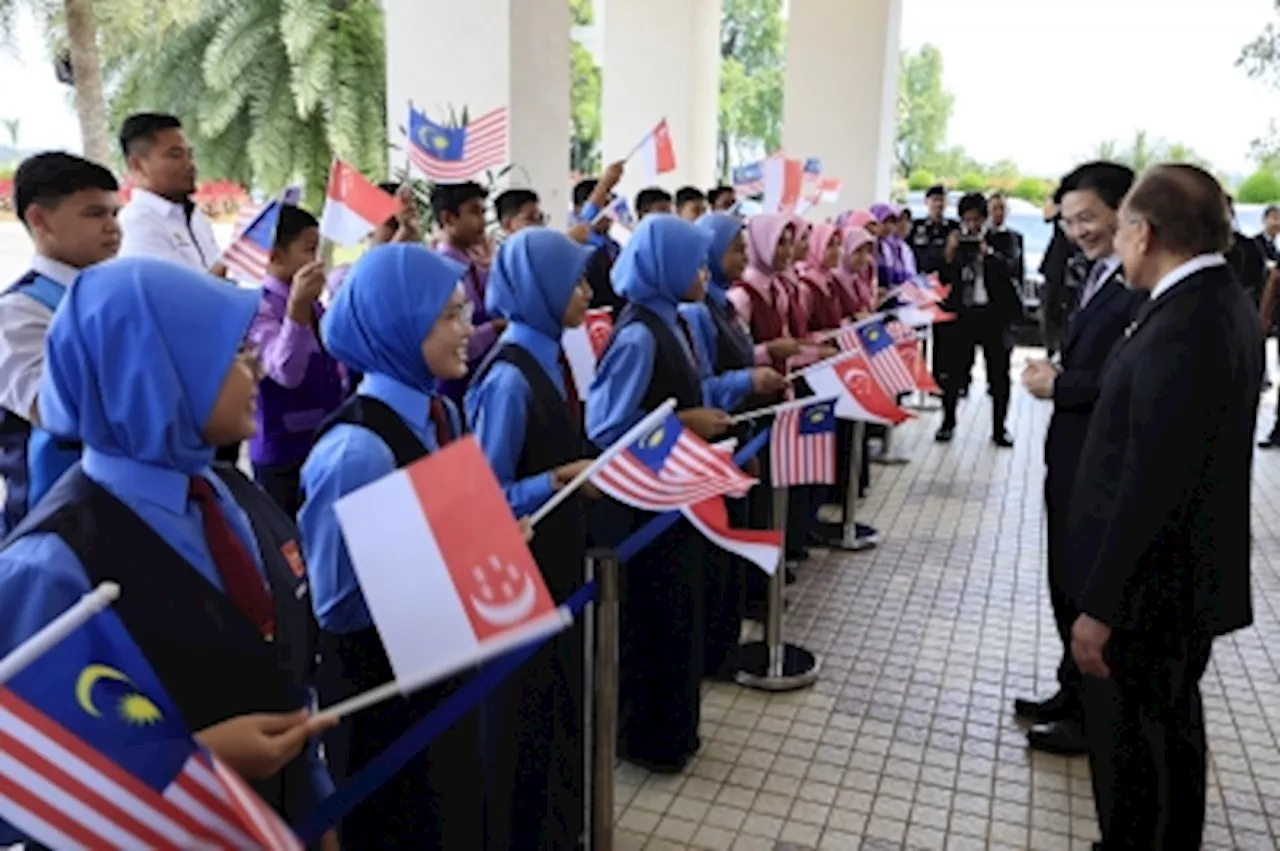 Special Economic Zone to Expand Investment Pie for Malaysia and Singapore, Say PMs Anwar and WongPrime Minister Datuk Seri Anwar Ibrahim and Singapore’s Prime Minister Lawrence Wong highlight the benefits of the Johor-Singapore Special Economic Zone (JS-SEZ) for attracting investments. Both leaders emphasize the political stability, clear economic policies, and selective investment approach of both Malaysia and Singapore as key incentives for businesses. Wong also notes the strong interest from Singaporean businesses to expand into Johor.
Special Economic Zone to Expand Investment Pie for Malaysia and Singapore, Say PMs Anwar and WongPrime Minister Datuk Seri Anwar Ibrahim and Singapore’s Prime Minister Lawrence Wong highlight the benefits of the Johor-Singapore Special Economic Zone (JS-SEZ) for attracting investments. Both leaders emphasize the political stability, clear economic policies, and selective investment approach of both Malaysia and Singapore as key incentives for businesses. Wong also notes the strong interest from Singaporean businesses to expand into Johor.
Read more »
 Malaysia Offers Tax Incentives for Johor-Singapore Special Economic ZoneThe Ministry of Finance (MoF) and the Johor state government have announced an incentive package for the Johor-Singapore Special Economic Zone (JS-SEZ) designed to attract high-value investments into Johor. The package, effective from January 1, 2025, includes a special corporate tax rate of 5% for up to 15 years for qualifying manufacturing and services activities, including artificial intelligence, quantum computing, medical devices, aerospace manufacturing, and global services hubs. Other incentives include tailor-made incentives for businesses in flagship areas within the JS-SEZ and a special tax rate of 15% for 10 years for eligible knowledge workers.
Malaysia Offers Tax Incentives for Johor-Singapore Special Economic ZoneThe Ministry of Finance (MoF) and the Johor state government have announced an incentive package for the Johor-Singapore Special Economic Zone (JS-SEZ) designed to attract high-value investments into Johor. The package, effective from January 1, 2025, includes a special corporate tax rate of 5% for up to 15 years for qualifying manufacturing and services activities, including artificial intelligence, quantum computing, medical devices, aerospace manufacturing, and global services hubs. Other incentives include tailor-made incentives for businesses in flagship areas within the JS-SEZ and a special tax rate of 15% for 10 years for eligible knowledge workers.
Read more »
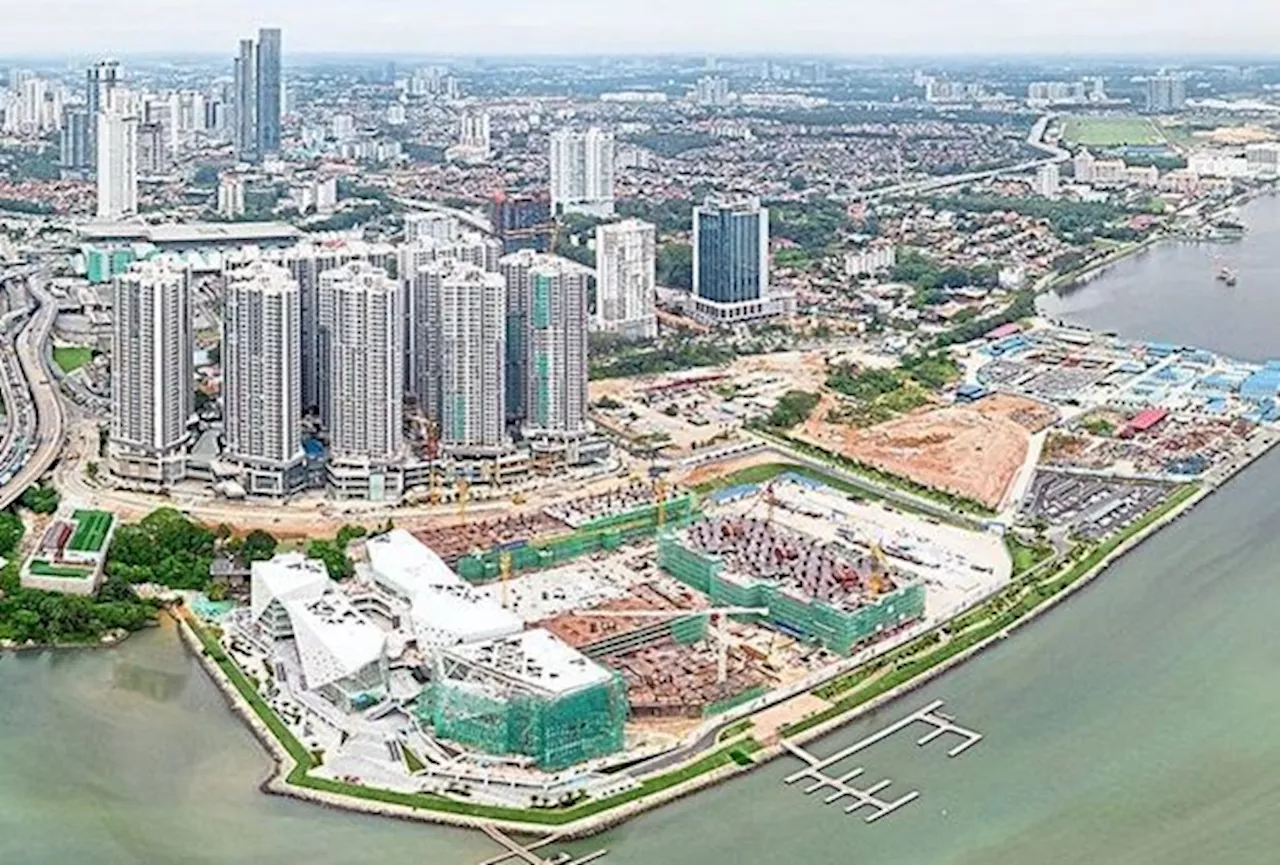 Malaysia and Singapore Launch Joint Economic ZoneMalaysia and Singapore have launched a groundbreaking joint economic zone, the Johor-Singapore Special Economic Zone (JS-SEZ), aimed at attracting global investors and fostering closer economic cooperation.
Malaysia and Singapore Launch Joint Economic ZoneMalaysia and Singapore have launched a groundbreaking joint economic zone, the Johor-Singapore Special Economic Zone (JS-SEZ), aimed at attracting global investors and fostering closer economic cooperation.
Read more »
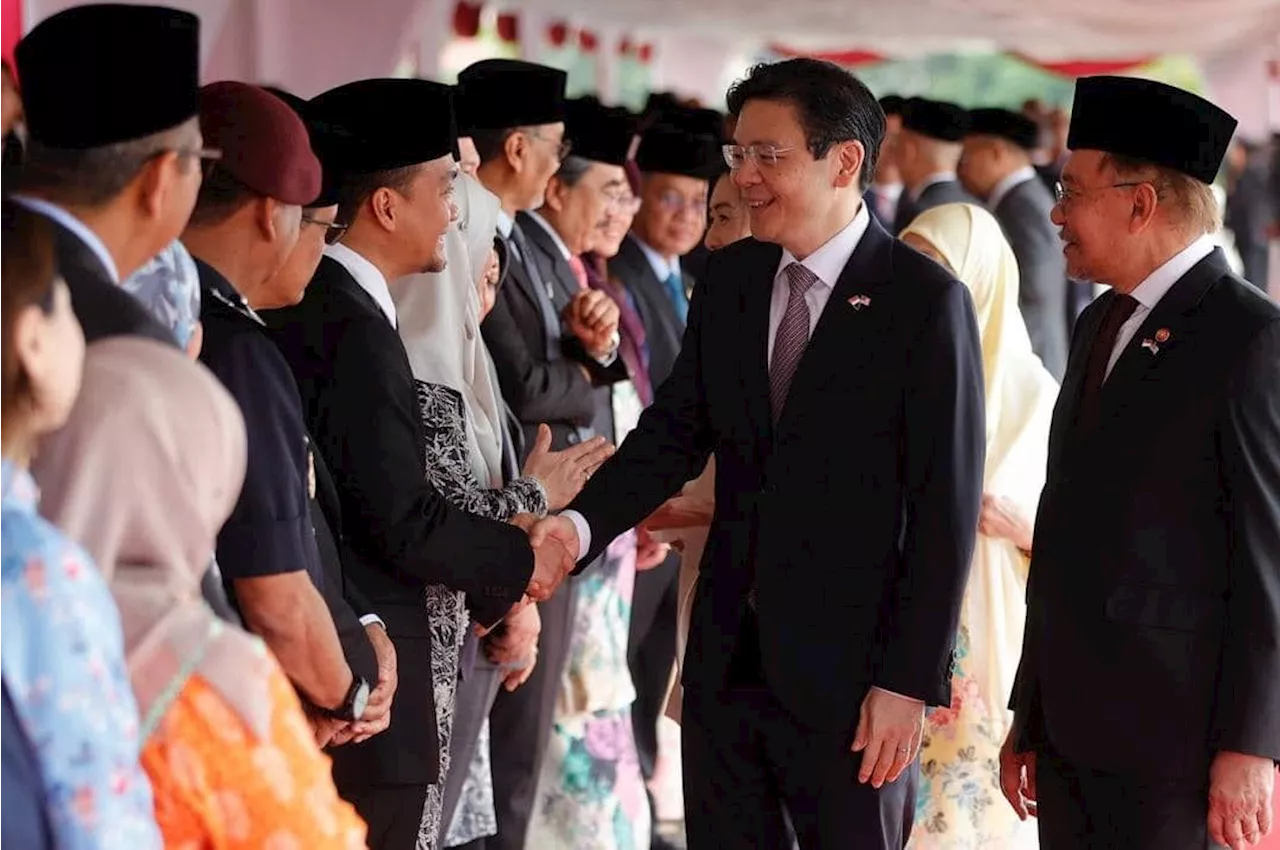 Johor-Singapore Economic Zone to enhance economic activities, says MBBANGKOK: Prime Minister Paetongtarn Shinawatra has confirmed that Chinese actor Xingxing, who went missing in connection with a Myanmar call-centre scam, has been found and is awaiting transfer back to Thai authorities.
Johor-Singapore Economic Zone to enhance economic activities, says MBBANGKOK: Prime Minister Paetongtarn Shinawatra has confirmed that Chinese actor Xingxing, who went missing in connection with a Myanmar call-centre scam, has been found and is awaiting transfer back to Thai authorities.
Read more »
 Johor-Singapore Special Economic Zone Agreement SignedThe highly anticipated agreement for the Johor-Singapore Special Economic Zone (JS-SEZ) was signed today, promising economic benefits and stronger ties between the two nations.
Johor-Singapore Special Economic Zone Agreement SignedThe highly anticipated agreement for the Johor-Singapore Special Economic Zone (JS-SEZ) was signed today, promising economic benefits and stronger ties between the two nations.
Read more »
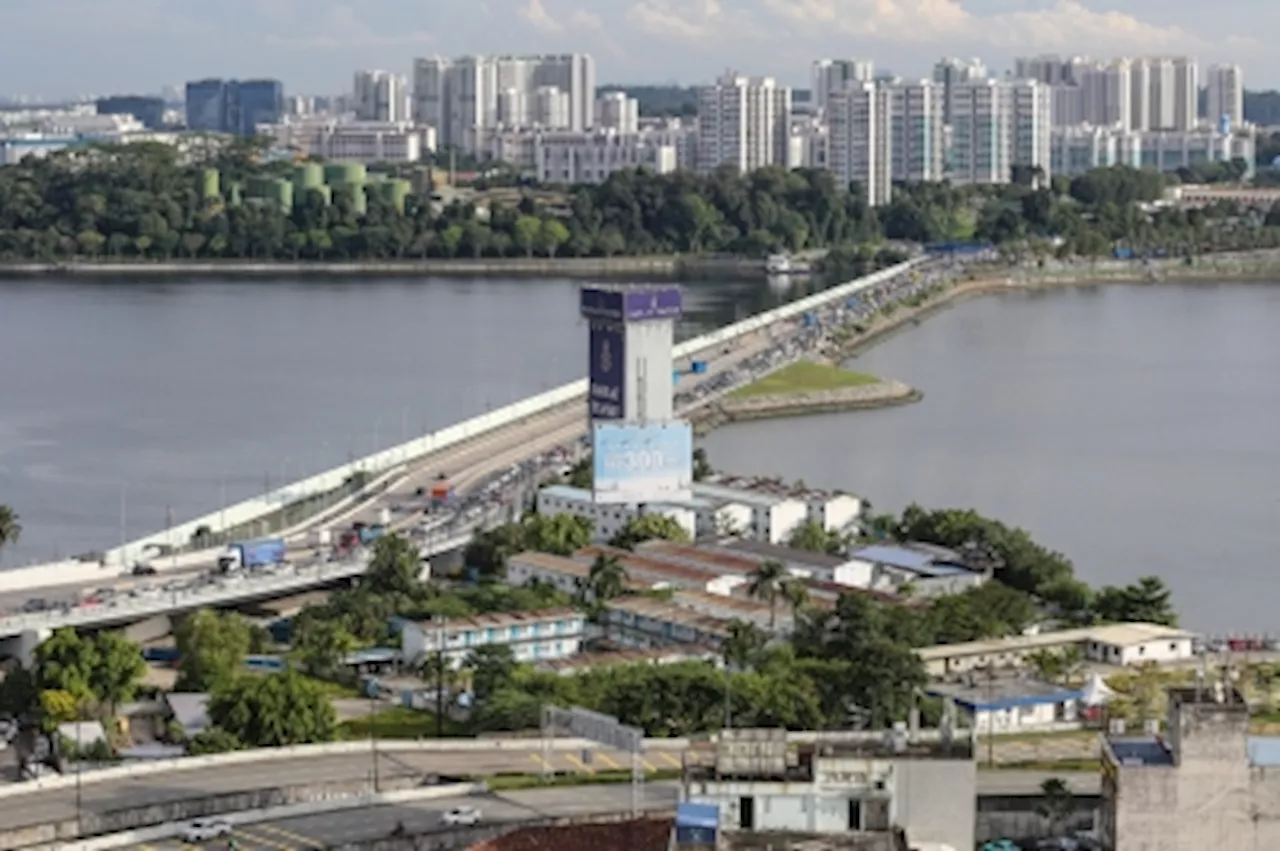 Johor-Singapore Special Economic Zone: A New Era of Growth for JohorThe JS-SEZ agreement signifies a new era for Johor, focusing on attracting international investments and driving regional economic growth. The zone aims to become a regional powerhouse, fostering investments, creating jobs, and promoting sustainable development.
Johor-Singapore Special Economic Zone: A New Era of Growth for JohorThe JS-SEZ agreement signifies a new era for Johor, focusing on attracting international investments and driving regional economic growth. The zone aims to become a regional powerhouse, fostering investments, creating jobs, and promoting sustainable development.
Read more »
